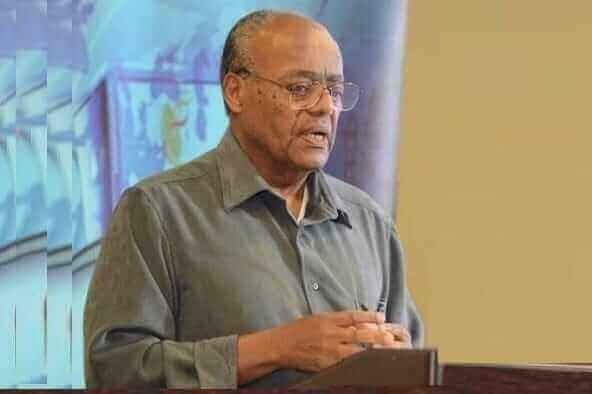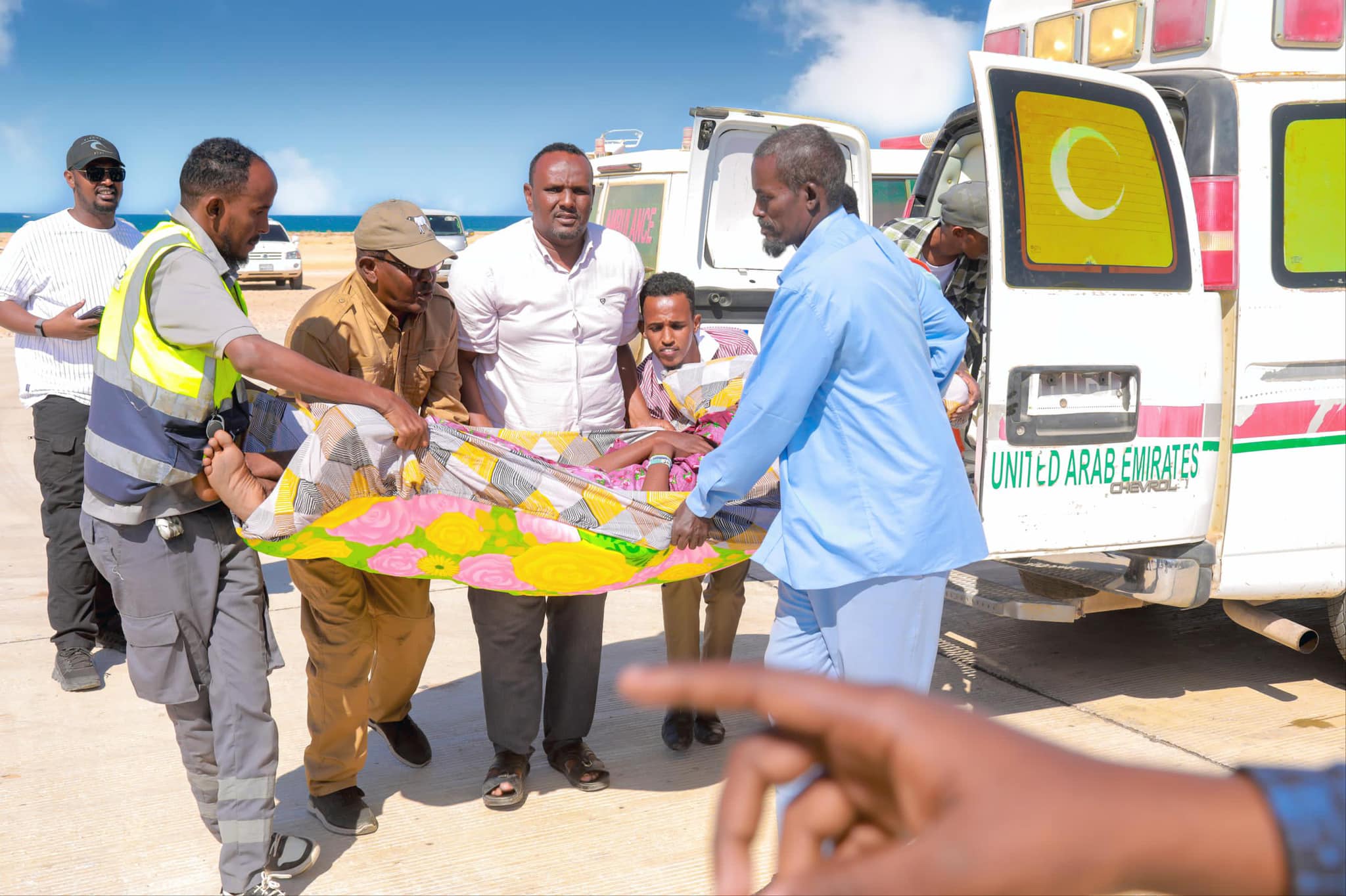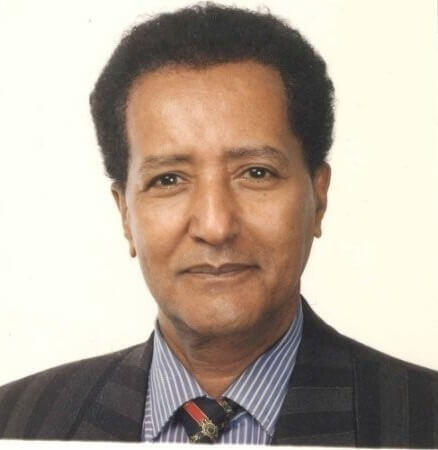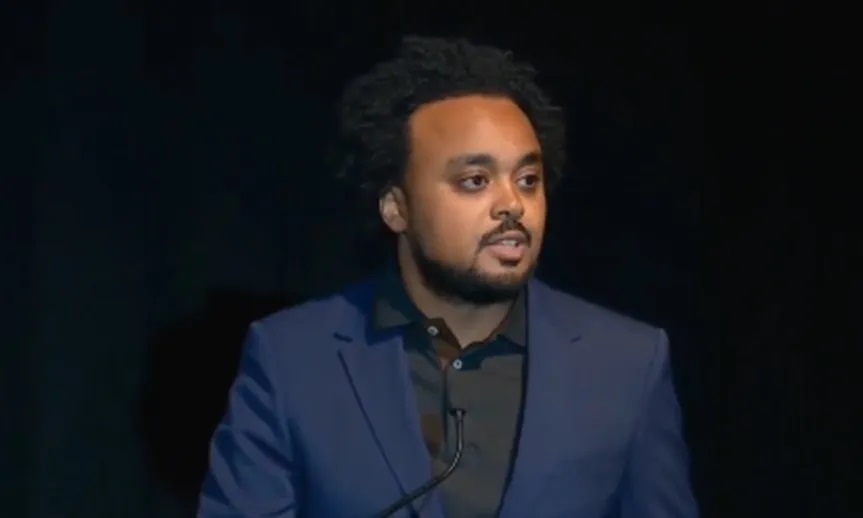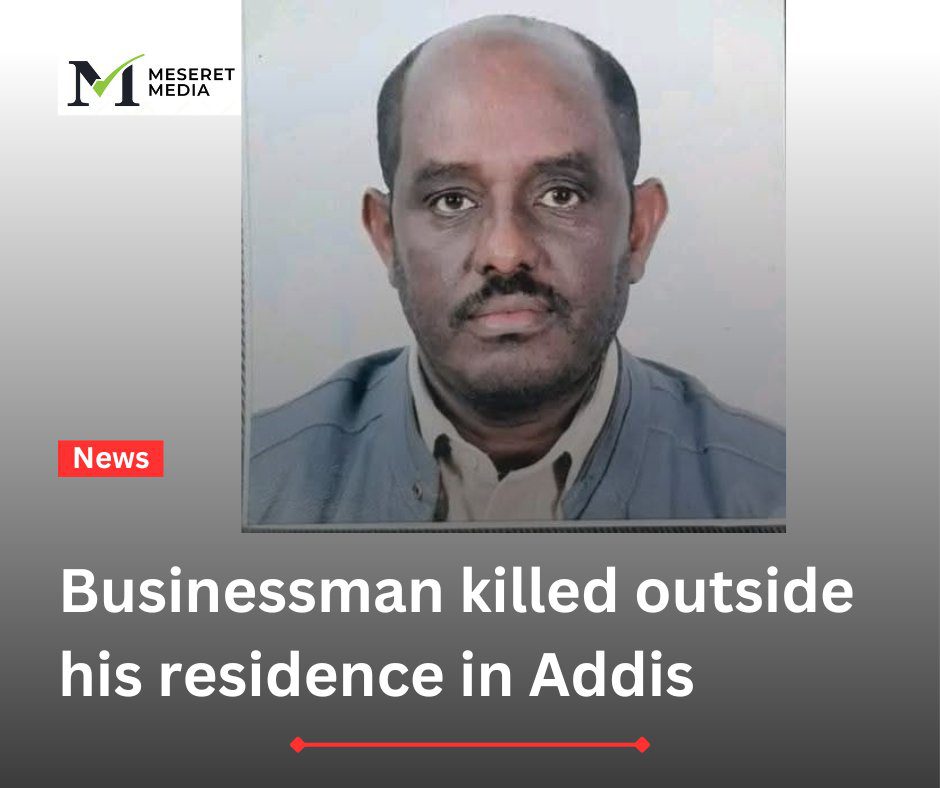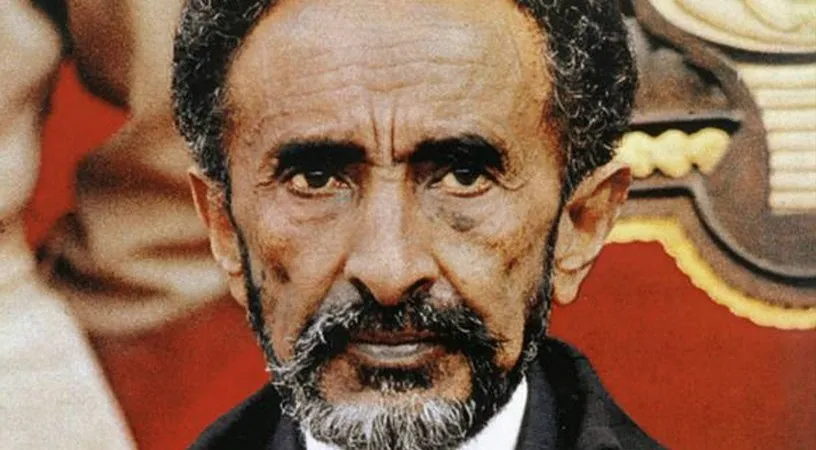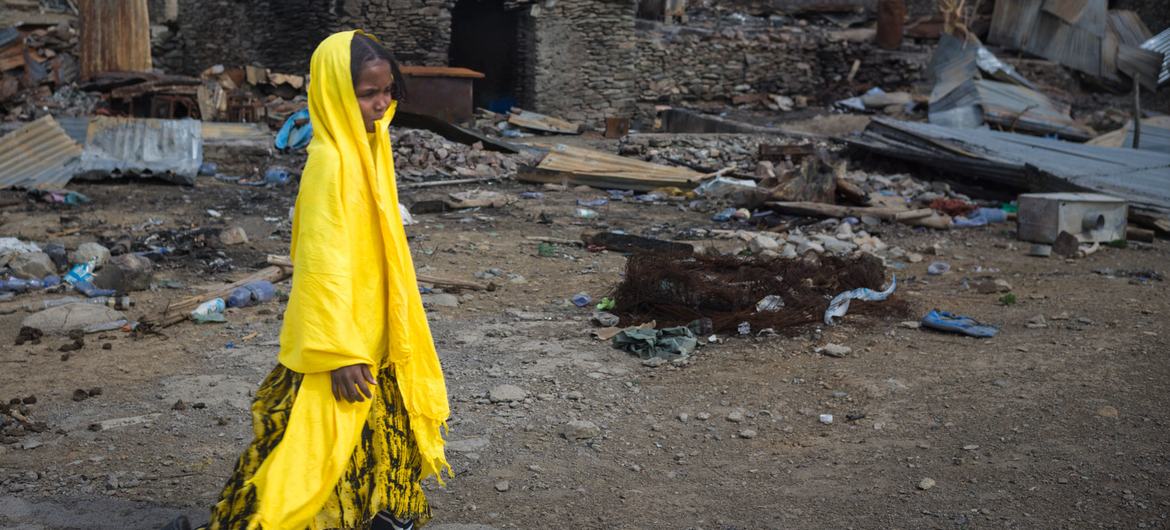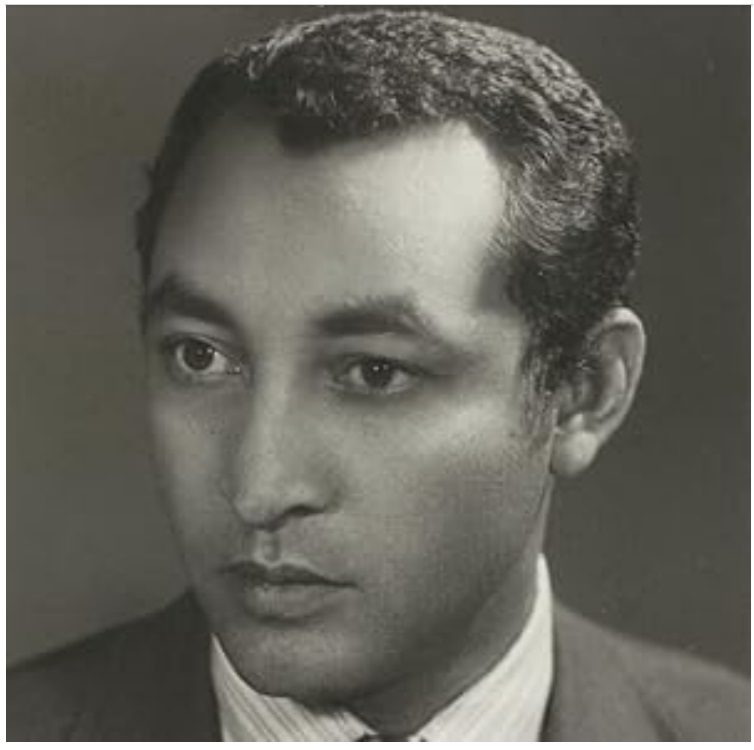BY RAINEY REITMAN
“Individuals can be penalised, made to suffer (oh, how I miss my child) and even killed. But democracy is a destiny of humanity which can not be averted. It can be delayed but not defeated… I sleep in peace, even if only in the company of lice, behind bars.”
– a letter attributed to imprisoned blogger Eskinder Nega, serving 18 years for journalism in Ethiopia
September 4, 2013
Dear Secretary of State John Kerry,
This month marks the second anniversary of Eskinder Nega’s imprisonment. When you visited Ethiopia in May, Eskinder Nega had already been imprisoned – and thus silenced – for over a year. It’s time for the United States to use its considerable influence to vigorously and directly advocate Nega’s freedom and, in the process, to promote free expression and independent journalism throughout Ethiopia.
Now is a crucial moment for the Secretary to speak out. Over the weekend, Ethiopian security forces in Addis Ababa brutally suppressed a demonstration calling for political reforms and the release of jailed journalists and dissidents.
Eskinder Nega is an internationally recognized Ethiopian reporter-turned-blogger. His award-winning journalism on political issues in Ethiopia – and his refusal to stop publishing or flee the country – has made him the target of persecution by the Ethiopian government for many years. Nega was arrested in September 2011 and then convicted under a new, extremely broad anti-terrorism law in Ethiopia. Nega’s so-called crime was writing articles and speaking publicly on topics such as the Arab Spring and Ethiopia’s poor record on press freedom. For that, he was sentenced to 18 years in prison.
In July, the New York Times published a letter from Eskinder Nega in prison, who explained that Ethiopia’s anti-terrorism law “has been used as a pretext to detain journalists who criticize the government.” He elaborated on the actions that landed him in prison on charges of terrorism:
I’ve never conspired to overthrow the government; all I did was report on the Arab Spring and suggest that something similar might happen in Ethiopia if the authoritarian regime didn’t reform. The state’s main evidence against me was a YouTube video of me, saying this at a public meeting. I also dared to question the government’s ludicrous claim that jailed journalists were terrorists.
As Leslie Lefkow, deputy Africa director at Human Rights Watch, said, “The use of draconian laws and trumped-up charges to crack down on free speech and peaceful dissent makes a mockery of the rule of law.”
EFF has joined other free speech advocates and human rights organizations around the world in calling for Nega’s release. The UN Working Group on Arbitrary Detention has joined the movement calling for Nega’s freedom. And Amnesty International has rightly declared Nega a prisoner of conscience and is petitioning for his release.
Journalists and human rights organizations around the world have condemned Nega’s sentence and called for his release. It’s time for the United States, and especially the State Department, to do the same.
We’re writing today to urge you to use your relationship with Ethiopia to campaign for Eskinder Nega’s freedom and the freedom of all peaceful bloggers in Ethiopia.
We appreciate the public statements that the State Department has made about Nega’s imprisonment, but that’s not enough. Nega has already spent two years in prison, and other bloggers in Ethiopia have also been silenced by similar unjust imprisonments.
A free and independent media is vital to democracy and justice. We are calling on you to speak out on behalf of Eskinder Nega and raise his case with your contacts within the Ethiopian government. We urge you to more strongly tie American economic and political support for Ethiopia to its record on press freedom. The Ethiopian government should understand that the imprisonment of Eskinder Nega has real and continuing consequences to the health of its global diplomatic and financial relationships with its partners.
The United States has deep ties with Ethiopia. Please use this access and influence to champion the rights of free expression and press freedom that are guaranteed by the Ethiopian constitution and international law.
Sincerely,
Electronic Frontier Foundation
Source https://www.eff.org/


